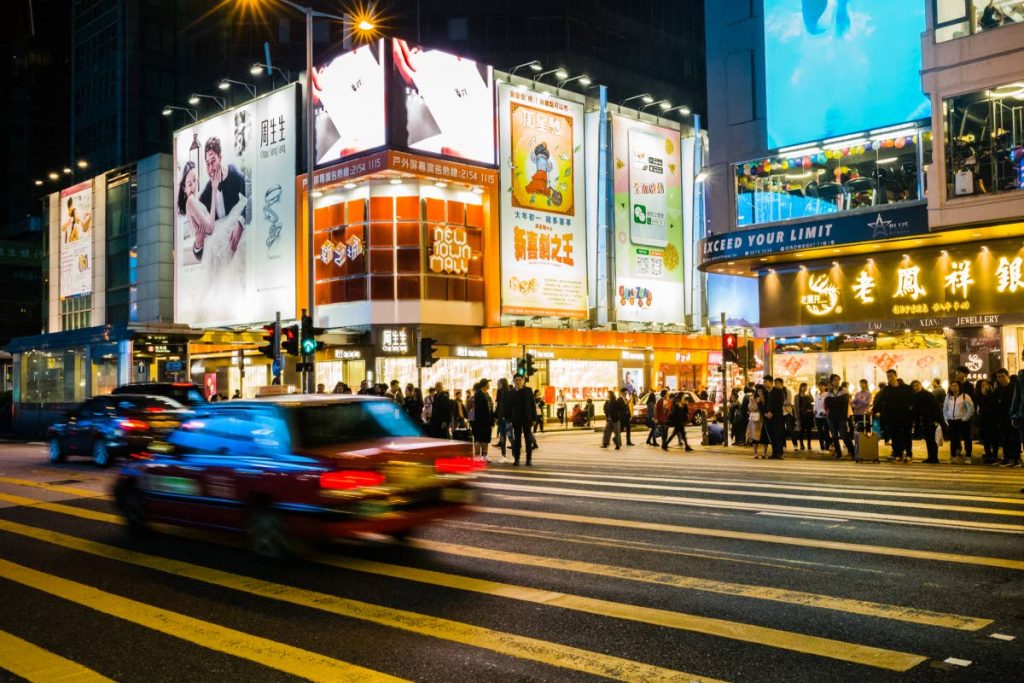The curse of abundance

THE EDITOR: In my opinion as a member of the human race, we all truly have equal abundance, since we are all born and die the “same” way. However, during our time on Earth some of us amass monetary and material fortunes. These folks are the billionaires and multi-millionaires among us.
In terms of resources many would concur that they are the group with real abundance if you count their material resources and assets. Much of their abundance being accumulated as a result of capitalistic practices.
Most of us when it comes to material wealth and resources are in the group that I would argue have imagined abundance. Although some in this group may have adequate incomes, their material well-being is often tied to a paycheck provided by some entity other than their own entrepreneurial efforts.
My argument is that no matter in which of the two groups you find yourself, the material abundance and the push to consume comes at a considerable cost. Our current consumption patterns supported by capitalistic practices serve to pollute the air we breathe and the rivers and oceans that provide our food, fill landfills with materials that have nowhere to go, impact the climate and will likely eventually make the Earth uninhabitable. Consequently in the end, whether you have real or imagined abundance, we will suffer the same fate living on a doomed planet.
Our homes are in some instances filled beyond capacity with all types of stuff – furniture, decor, food/beverages, clothes, toiletries, products, shoes, gadgets, appliances that are easily purchased in person or online. The push to have more, the latest, the fastest, and the ease with which we can click and point to shop online have served to dull us to when we have enough.
Even when our homes become so full of stuff that our daily functioning is compromised and, in some cases, leads to financial distress, we still purchase more. (A quote from Dieter Rams, German designer: “Our appetite for shiny new things is leading us down a gluttonous path of destruction.”)
It almost seems endless and is accessible 24-7. The internet provides an easy way to gather both information and misinformation. It not only serves to inform us but also can result in what in current colloquial language is labelled a “time suck.” We can lose endless hours researching a vast variety of topics, connecting with others via social media, checking e-mail, etc.
Even having fun has suffered from abundance. We now have a plethora of TV and radio channels from which to choose. Streaming services like Netflix, Prime TV, Hulu, to name a few, now allow us to engage in the phenomenon known as “binge watching.”
The radio and television are no longer the two primary mediums for news and entertainment. We are all now individually connected to our smart phones, iPads, desktops and laptops. Consequently with so many device options we have less connection to each other.
Virtual assistants like Alexa and Siri organise our lives. All powered by artificial intelligence (AI), which is increasingly engineering and guiding what we know, create and do. There are over two million free and monetised applications from which to choose to help us with all aspects of our daily living.
Here are suggested strategies for coping more adaptively with the abundance supported by capitalist values and practices:
• Revamp our beliefs and values to guide our decision-making regarding what we choose from all that is potentially available to us.
• Practise and teach our children how to make discerning choices in the fields of plenty so we and they can set limits by saying a “high quality” no when appropriate.
• Recognise that although the abundance may seem endless, that is truly not the case. If we continue along the path of our collective rate of consumption this planet that we all call home will cease to exist as we know it.
• Learn and practise behaviours that will support the Earth’s sustainability – reduce, reuse and recycle.
GILLIAN CARTY-ROPER
via e-mail


Comments
"The curse of abundance"